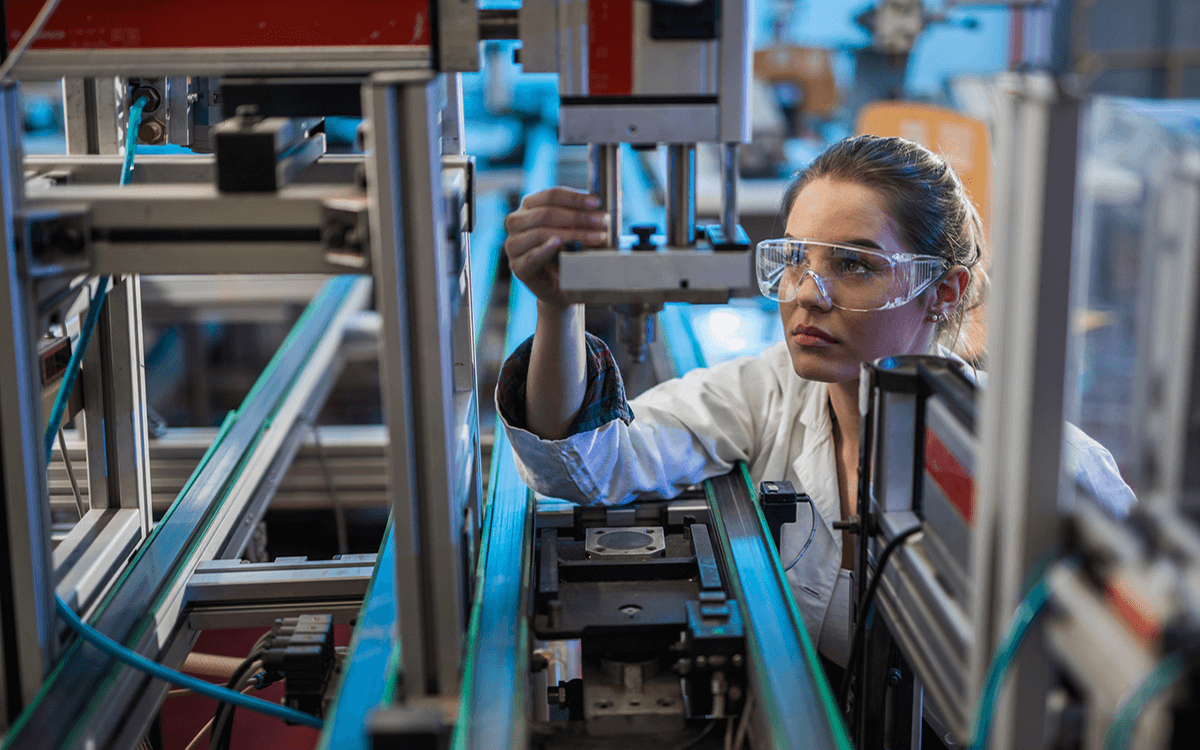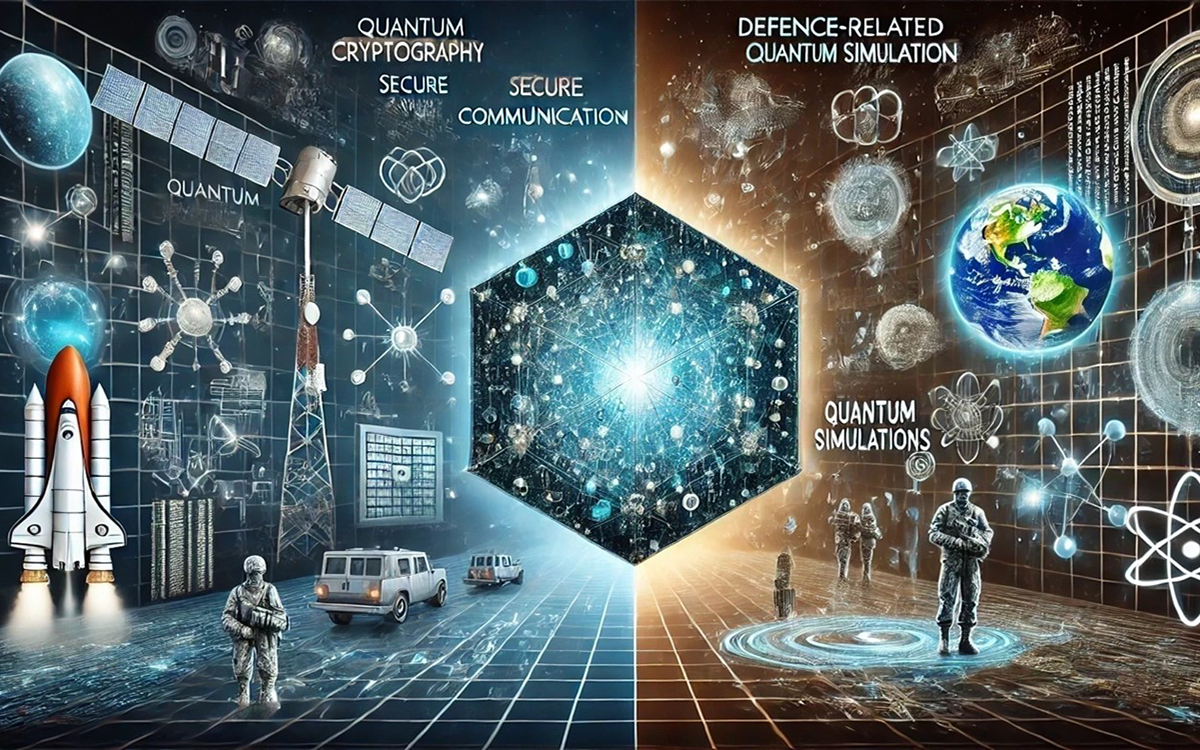The quantum advantage: How you can benefit now
Fujitsu / August 27, 2024
Artificial intelligence was once confined to the imagination of sci-fiction and is now a reality. Similarly, quantum computing is quickly moving from the realm of theoretical physics into practical reality. As someone working in technology, it's an incredibly exciting time to be part of this transformation.
Most recently, the Australian and Queensland Governments have committed to investing ~AU$1 billion in developing the world’s first commercially useful quantum computer, joining the ranks of other nations, research organisations and commercial companies in the global race to harness the power of this ground-breaking technology.
With record-breaking investments and the United Nations designating 2025 as ‘The International Year of Quantum’, I wanted to help demystify quantum technology, and share a few ways your organisation can harness its potential.
Before diving in, let’s break down the basics.
Qubits, superposition, and entanglement: The key concepts driving the quantum revolution
At its core, quantum computing is different from the classical computing we're familiar with. Traditional computers use bits as the smallest unit of data, which can be either 0 or 1. Quantum computers, on the other hand, use qubits. Qubits are fascinating because they can be 0 or 1, or both 0 and 1 at the same time, due to a property called superposition, which allows quantum computers to process vast amounts of data simultaneously.Another key concept in understanding quantum is entanglement. It refers to how qubits become interconnected in such a way that the state of one can instantly influence the state of another, no matter the distance between them.
These features make quantum computers incredibly powerful for certain types of computation, which are today far beyond the capabilities of the most advanced supercomputers. Therefore, quantum computers can swiftly solve puzzles like number locks and crack sophisticated cryptographic keys.
From drug discovery to financial optimisation, quantum computing offers unprecedented possibilities
Quantum computing can completely revolutionise every industry ranging from pharmaceuticals to finance. It has the potential to model complex molecules for drug discovery in a span of minutes or optimise financial portfolios with unprecedented accuracy.However, it's not without its challenges. Quantum computing presents a dual challenge in cyber security due to its capability to potentially decrypt encryption methods, making it easy to be used for both right and wrong reasons. This would compromise the security of many systems and applications that use these methods, including online banking and e-commerce.
Another big problem that remains in quantum is the huge skills shortage. Given that quantum computing is still in its early stages and a very niche field, developing the talent to work with the technology will take time.
This is why the Federal Government in Australia has released its National Quantum Strategy to foster innovation and build a strong quantum ecosystem within the nation. Fujitsu is also playing our part in building the next generation of quantum experts in Australia through our Memorandum of Understanding with The Australian National University (ANU) on quantum computing. This collaboration will establish a centre for quantum research in Canberra, with ambitions to build an onsite quantum computer. Australian academics and researchers will also have access to Fujitsu’s quantum systems and simulators in Japan.
Unlocking quantum: Computing as a Service
As quantum technology progresses, a new business model, computing as a service (CaaS), is emerging. Like cloud computing but for quantum resources, CaaS allows businesses to access quantum computing power without needing to invest heavily in specialised hardware and expertise.Cost-effectiveness, scalability and convenience are the three biggest benefits of CaaS. It allows organisations to focus on core activities, benefit from enhanced security, and ensures reliable service levels from specialised providers.
Fujitsu is pioneering this approach, offering a new service portfolio “Fujitsu Computing as a Service (CaaS)” to enable a combination of advanced computing technologies including our Digital Annealer - the world’s first quantum-inspired digital technology that helps solve large-scale complex problems instantly - AI, and software applications with Fujitsu's accumulated knowledge on quantum.
Looking to the future, at Fujitsu we see a hybrid computing architecture where quantum and classical computers work together seamlessly. Quantum computers won’t replace classical systems but will complement them for specific problem-solving tasks.
Innovation and collaboration are shaping the future of quantum computing
Our team at Fujitsu are deeply invested in the future of quantum computing and are constantly making headway to transform this technology, embedding this into our broader vision to provide technology for good. We believe advancements and breakthroughs in quantum computing require collaboration between government, academia, and private organisations.In addition to Fujitsu’s recent announcement on quantum computing with ANU, Fujitsu has also developed a hybrid quantum computing platform that enables optimal quantum computing by linking a 64-qubit superconducting quantum computer and a 40-qubit quantum simulator.
To help drive further innovation, Fujitsu plans to develop a 256-qubit and 1,000-qubit superconducting quantum computer in collaboration with RIKEN over the next two years.
The journey to commercially viable quantum computing is well underway, and it’s a thrilling ride.
By understanding the basics, addressing business challenges, and embracing new service models, we can unlock the transformative potential of quantum computing and shape the future of technology for the benefit of organisations and society.

Editor's Picks










